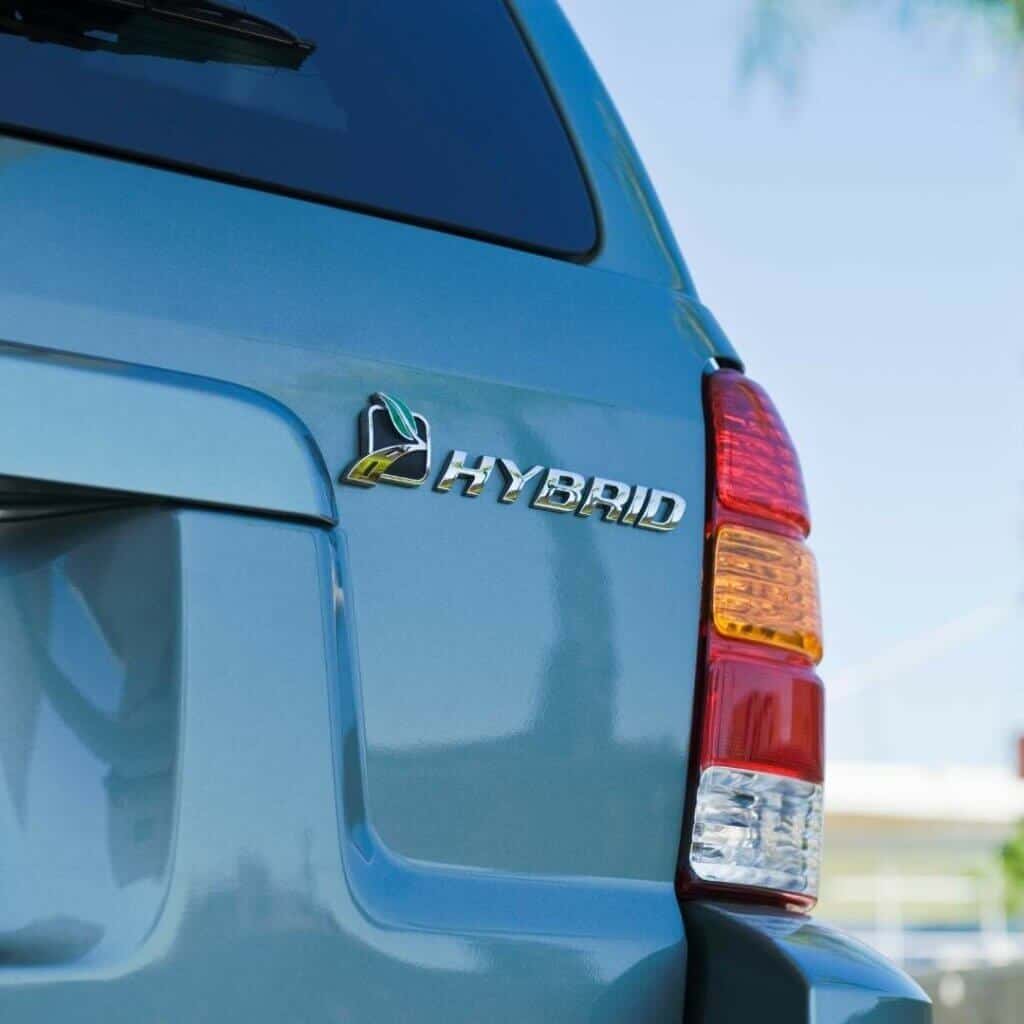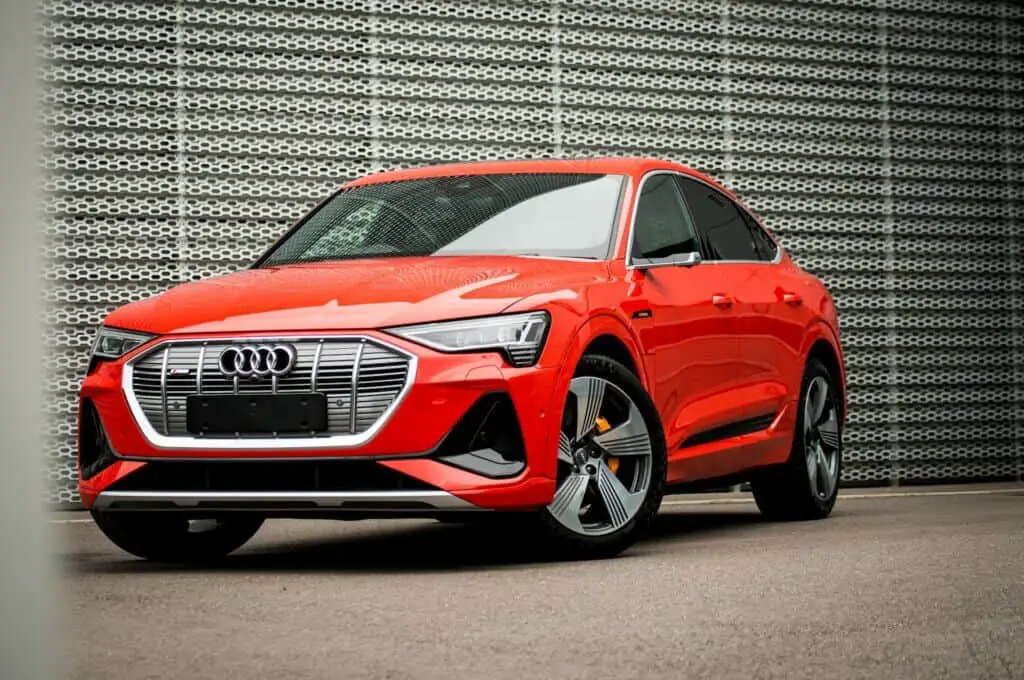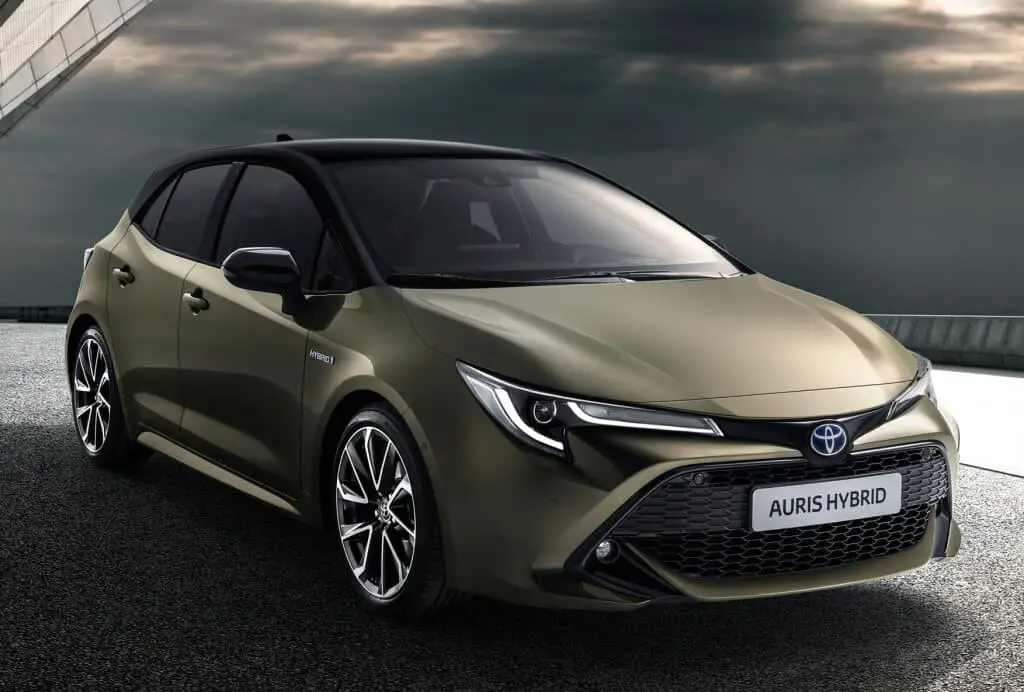Are hybrid cars more expensive to maintain compared to gas vehicles?
Hybrid automobiles have grown in popularity recently due to their eco-friendliness and potential cost savings on fuel use. These vehicles feature a combination of an internal combustion engine and an electric motor to create a one-of-a-kind mix of power sources.
While hybrid vehicles are frequently commended for their environmental benefits, many prospective customers are concerned about a hybrid car’s long-term expenditures and maintenance requirements.
In this article, we will look into whether or not hybrid cars are more expensive to maintain than normal cars. We intend to fully analyze the maintenance expenses of owning a hybrid vehicle by investigating numerous areas such as maintenance and repair costs, specialist components, and warranty coverage.
Understanding Hybrid Cars
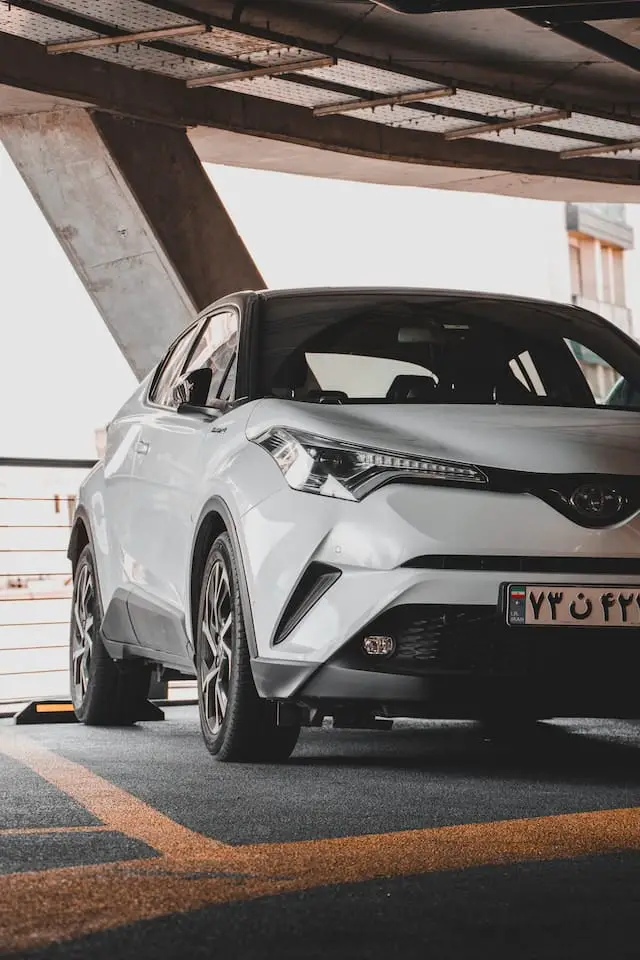
Understanding hybrid car maintenance costs requires an appreciation of their unique properties and features.
Hybrid vehicles combine an internal combustion engine with an electric motor and battery system, necessitating specific maintenance and components.
These vehicles also have regenerative braking systems and complicated electronics, which adds to the complexity of their maintenance requirements. [1].
Related:
Maintenance and Repair Costs
One of the key concerns for prospective hybrid car owners is the maintenance and repair expenditures that may arise over the vehicle’s lifespan.
It is sometimes anticipated that the sophisticated hybrid technology and specialized components will result in higher costs. This perspective, however, is not always accurate.
Hybrid vehicles have specific maintenance procedures, such as servicing the battery pack and monitoring the electric motor system.
Nonetheless, typical maintenance activities such as oil changes, tire rotations, and brake inspections are identical to those necessary for traditional vehicles with combustion engines.
Some hybrid models incorporate regenerative braking systems, where the system in hybrid vehicles transforms kinetic energy into electric energy to recharge the battery.
This technology reduces wear and tear on brake pads and discs by putting less effort into the standard braking system [2].
As a result, hybrid owners may benefit from longer brake life and lower brake-related maintenance costs. Furthermore, as hybrid vehicles have become more common, the availability of skilled technicians and mechanics to service them has increased.
This, therefore, results in more competitive pricing for repairs and maintenance. While severe difficulties should be handled by a skilled hybrid car specialist, routine maintenance and repairs can typically be handled at standard automotive service locations.
Hybrid Specialized Components
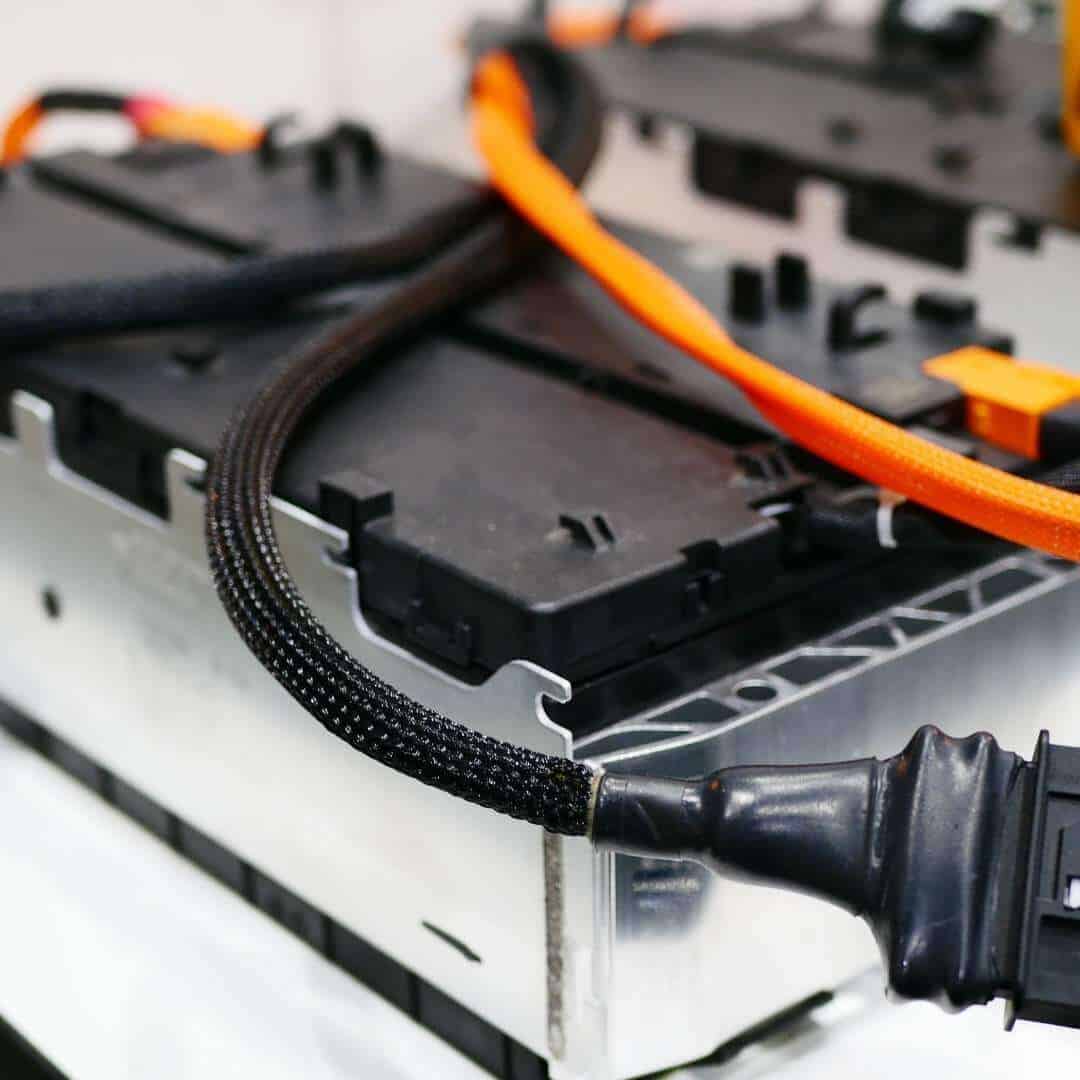
However, hybrid vehicles have unique features that might be extremely expensive to fix. The huge battery pack is a common example. When this battery fails, the repair expenses might be overwhelming.
They incorporate additional components, such as an electric motor and power control unit, requiring specific care and attention.
These components are intended to be long-lasting and durable. Fortunately, many hybrid vehicles come with comprehensive warranties that cover such expenses. However, you may be in danger if you suffer these challenges after your protection has expired.
Generally, hybrid car manufacturers have significantly improved the reliability and durability of the following specialized components.
- Battery Pack
The battery pack is the most noticeable feature of a hybrid vehicle. Hybrid car batteries have undergone improvements over time, and manufacturers frequently provide extended warranties of 8 to 10 years. At the same time, battery replacement may be required after this period
However, it is worth noting that the costs have dropped considerably compared to the previous battery pack versions. Furthermore, several manufacturers provide battery reconditioning programs, which reduces the financial burden even further.
- Electric Motor and Power Control Unit (PCU)
The electric motor requires little maintenance because it has fewer moving components than traditional engines. As a result, the chances of incurring significant repair costs are low.
The PCU controls the power transfer between the engine, battery, and electric motor. While this component is essential for hybrid functionality, it is also designed to be dependable and long-lasting. Experienced experts can repair or replace the PCU in the unlikely case of a breakdown. [3].
- Warranty Coverage
Warranty coverage is important in assessing the future maintenance costs of owning a hybrid car. Hybrid vehicle manufacturers frequently provide extended warranties that cover the specialist components and the hybrid system.
As already mentioned, manufacturer warranties range from 8 to 10 years. This coverage guarantees that owners can repair or refurbish their batteries and electric motors at a discounted cost throughout the stated period.
Manufacturers also provide warranties for hybrid system components such as the electric motor and power control unit [4]. These warranties frequently last up to 8 years or 100,000 miles, thus giving owners extra peace of mind about future repair expenditures.
Related: Low Cooling Performance of Hybrid Battery
How reliable is hybrid maintenance generally?
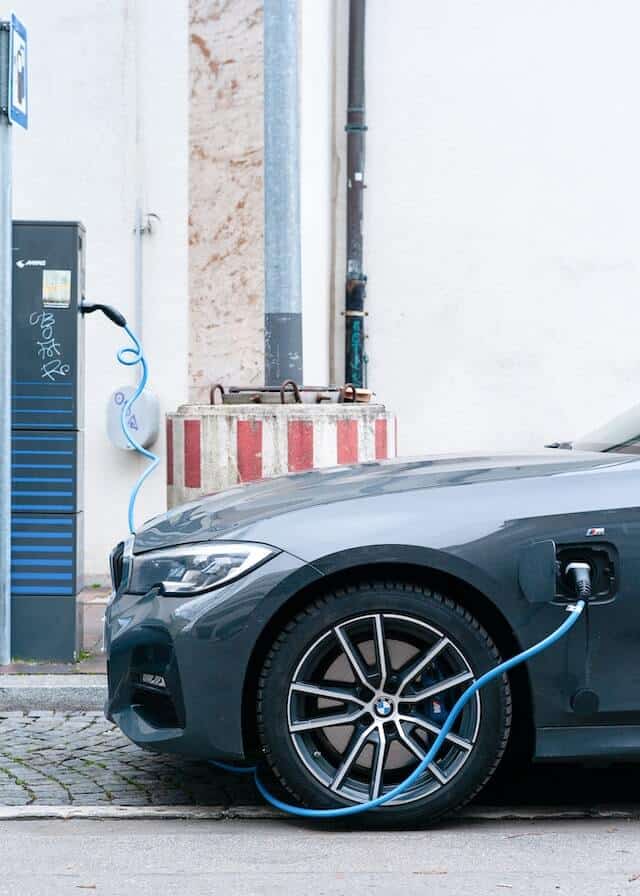
Overall, hybrid vehicles are not intrinsically more expensive to maintain. Hybrid vehicles often require routine maintenance as conventional vehicles do, such as oil changes, tire rotations, and brake inspections.
However, a few specific elements to consider regarding hybrid car maintenance exist. While some specific maintenance requirements and specialized components exist, typical maintenance expenditures are comparable to ordinary cars.
Advances in technology, the availability of trained technicians, and extended warranties provided by manufacturers all contribute to a balanced maintenance cost equation for hybrid car owners. Maintenance costs should not be disproportionately weighted in financial calculations [5].
The gasoline engine in a hybrid requires the same maintenance as any other car engine. Early hybrid owners were obligated to travel to dealerships, which tended to be more expensive because few repair shops were willing to work on them. More mechanics are now qualified and ready to work on hybrid vehicles.
Furthermore, hybrid vehicles generally require fewer oil changes than ordinary cars. A hybrid’s engine runs less frequently since the vehicle relies on the electric motor at low speeds.
As a result, the oil remains cleaner for longer. Therefore, a hybrid car may require fewer oil changes than a standard vehicle and so be less expensive to maintain.
In some circumstances also, hybrid vehicles may have a reduced chance of mechanical failure compared to regular vehicles. Because the electric motor distributes the load, hybrid vehicles frequently strain the engine and transmission less.
This reduced wear and tear results in lower repair expenses during the vehicle’s lifetime.
Read Next: ChargePoint vs EVgo
Conclusion
After a thorough examination of the elements influencing maintenance costs, it is reasonable to conclude that hybrid vehicles are not necessarily more expensive to maintain than conventional vehicles.
While some specific components and maintenance processes may necessitate particular attention, ordinary maintenance jobs and competitive repair pricing balance out the overall expenditures.
Hybrid vehicles can save money on gas and frequently come with extended warranties that cover important components. Hybrid vehicle maintenance and repair expenses are equivalent to typical combustion engine automobiles.
When determining the overall cost of owning a hybrid vehicle, comparing the initial outlay against the possible long-term savings on fuel and maintenance costs is critical.
In addition, the environmental benefits of hybrid vehicles, such as fewer emissions and reliance on fossil fuels, should be considered.
Read Next: Best Level 2 Charger For Jeep 4xe

